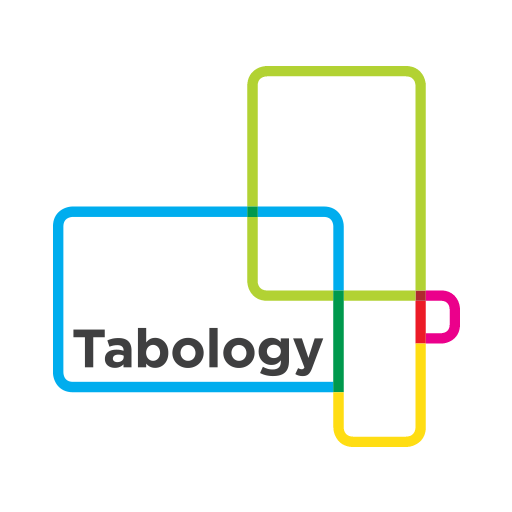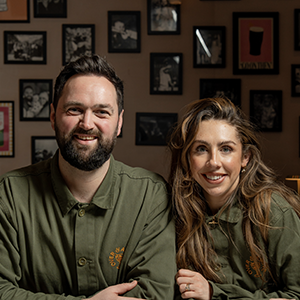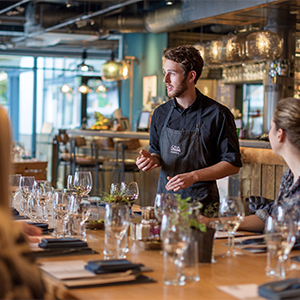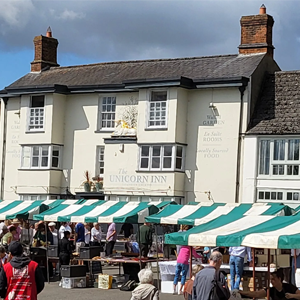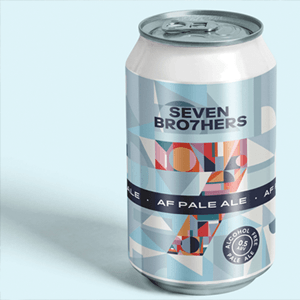Self-Serve Beer - is it legal?
This article should serve as a useful guide for anyone considering purchasing a self-service beer system for use in the UK
Self-serve beer can be a great way to make your pub or bar stand out from the crowd. Customers love pouring their own beer, and tend to spend more and stay longer when they don't have to keep queuing at the bar.
You can read an overview of self-serve beer, the various options, and potential benefits, in our recent article on self-service in pubs. In this article, we focus on the legality of self-serve beer and what you need to be aware of if you are considering introducing self-serve beer in the UK.
In the UK there are two sets of regulations that need satisfying in respect of any self-serve beer installation. We’ll address each in turn.
Licensing
Licensing regulations in the UK are based on a set of objectives that need to be met by any venue licensed to sell alcohol. Nothing in these objectives or in most premises license terms prevent the sale of beer via self-service. However, you will need to be able to demonstrate to your local licensing authority that the licensing objectives will still be met with the use of your proposed self-serve beer system.
This effectively means ensuring you are not serving people who are drunk or underage.
In a traditional bar, this is achieved by the staff checking both age and signs of intoxication at the point that a customer orders a drink. Any self-service beer system has to have controls in place to ensure this same check is happening.
This is achieved through two specific controls:
- All self-serve taps are disabled by default and any customer will only be given access after their age and levels of intoxication have been checked by a staff a member.
- Alerts are sent to staff at set intervals relating to how many pints have been poured from a self-serve tap. On each alert, staff need to check the customer to ensure they are not intoxicated before allowing them to continue serving themselves.
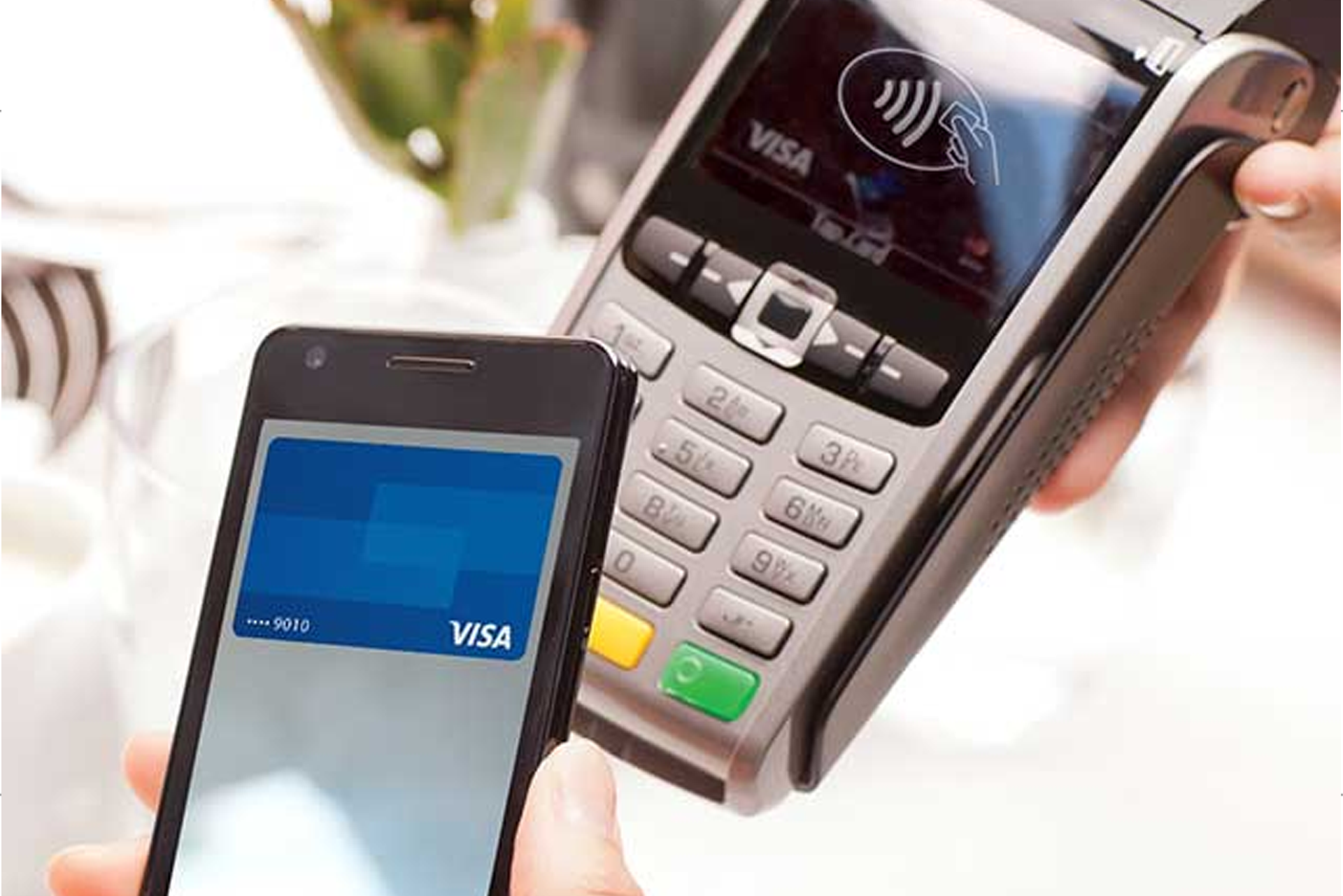
Contactless Payment
It is possible to have a contactless card reader linked to each self-service tap that triggers the dispense directly. This can simplify the access to the taps for your customers, although it does remove some of the controls outlined above. It's important therefore to ensure your local licensing body are happy with the processes you have in place to ensure that you are correctly authorising each and every sale. Most likely this will include a member of staff monitoring the self service taps.
Weights and measures
The second set of regulations that need satisfying relate to UK weights and measures.
Any system used for trade in the UK needs to be approved by the National Measurement Office. This results in the issuing of a type approval certificate, demonstrating that the system has passed a rigorous testing process ensuring the accuracy and consistency of dispenses. These certificates are available to view on the National Measurement Office website and you should ensure that the certificate for any system you are considering covers what you need it to. If you want to dispense wine, for example, this needs to be included.
Secondly, every installation of the system needs to be verified by local Trading Standards. This will involve a Trading Standards Officer checking every tap to ensure each measure dispensed meets up to the very stringent accuracy requirements. The difference between a correct and incorrect measure is invisible to the naked eye in a pint glass, and certainly, no human could pour to the same standards.
Trading Standards will charge for the verification. The fee will be based on the time it takes so will vary, but in our experience, it is usually between £25 and £50 per tap.
A word on legal measures
In the UK it is necessary to sell beer in measures of a pint, a half, or a third. Allowing a customer to pour measures other than these is a breach of these regulations and can result in an order to stop using the system.
As a result, any approved system in the UK will require one of these measures to be selected before any beer can be dispensed.
The law behind legal measures was initially there to prevent different venues selling beer in different measures that would make it harder for a customer to compare prices between them. This wouldn’t be an issue for self-serve beer, which is still priced by the pint. Further, if customers could pour any measure they chose they would only pay for what they poured. Unfortunately, UK measures legislation is yet to catch up with modern technology and for the time being its necessary to allow for the fixed legal measures only.
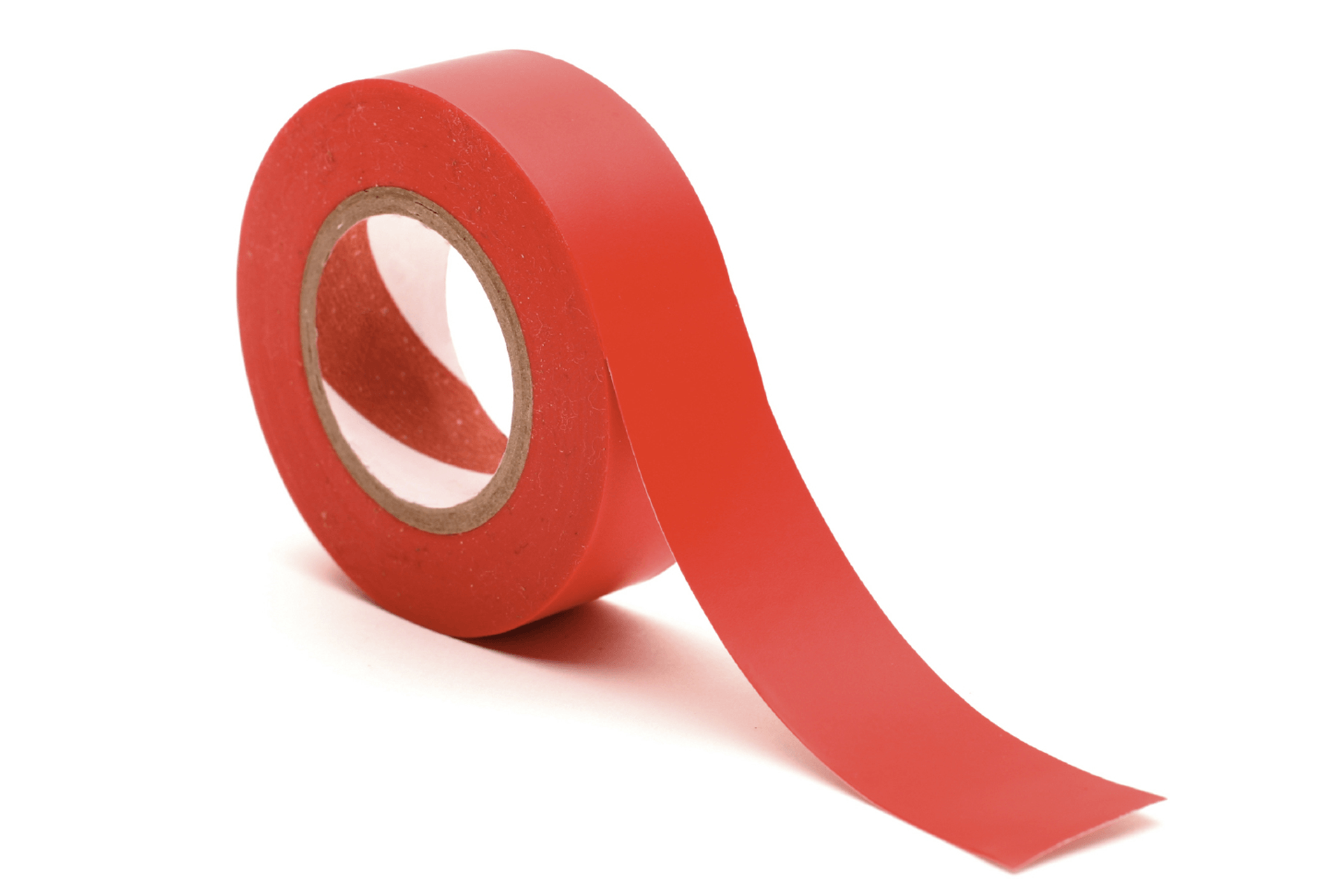
3 key steps
If that all sounds like a lot of work, it is! But you don’t need to worry about all of it. If you are considering a self-serve beer system just make sure you follow these 3 steps:
- Check the supplier is approved by the National Measurement Office, and that their certificate covers every type of drink and every measure you want to be able to offer.
- Check the system has the necessary controls in place to satisfy licensing (or if a contactless payment system that you have the necessary operational processes in place)
- Get in touch with your local Trading Standards (or ask your supplier to) to arrange for verification of the system once it’s installed
